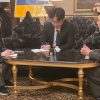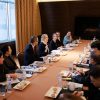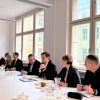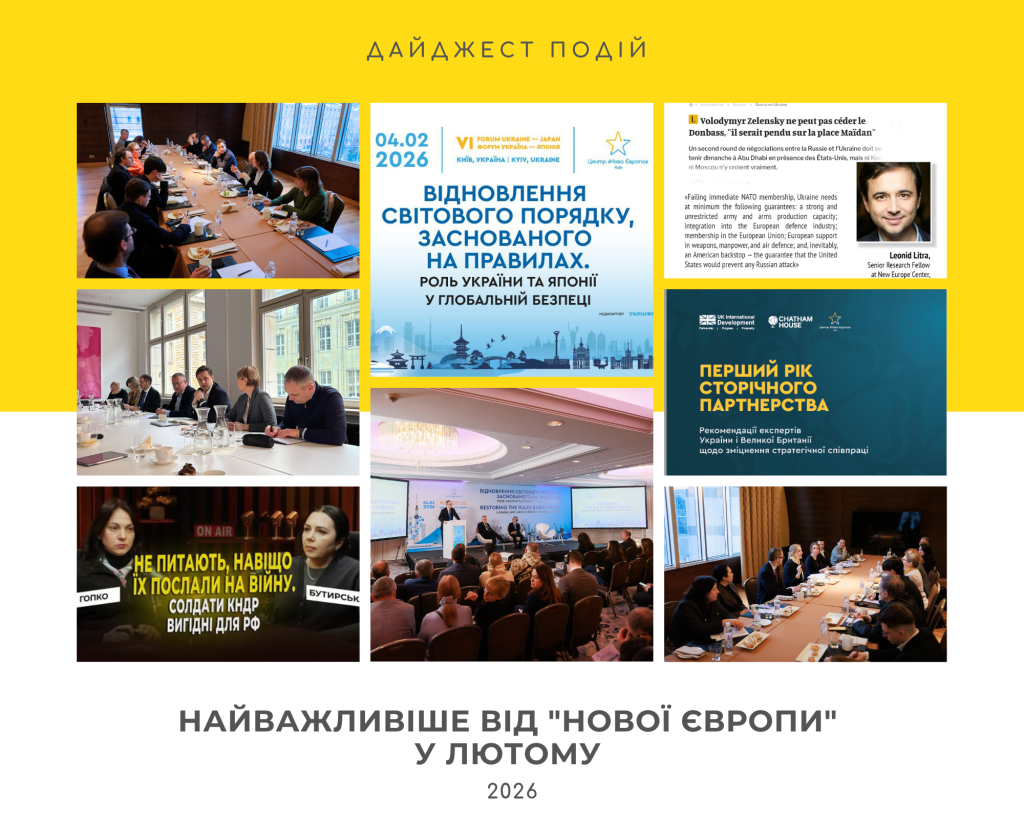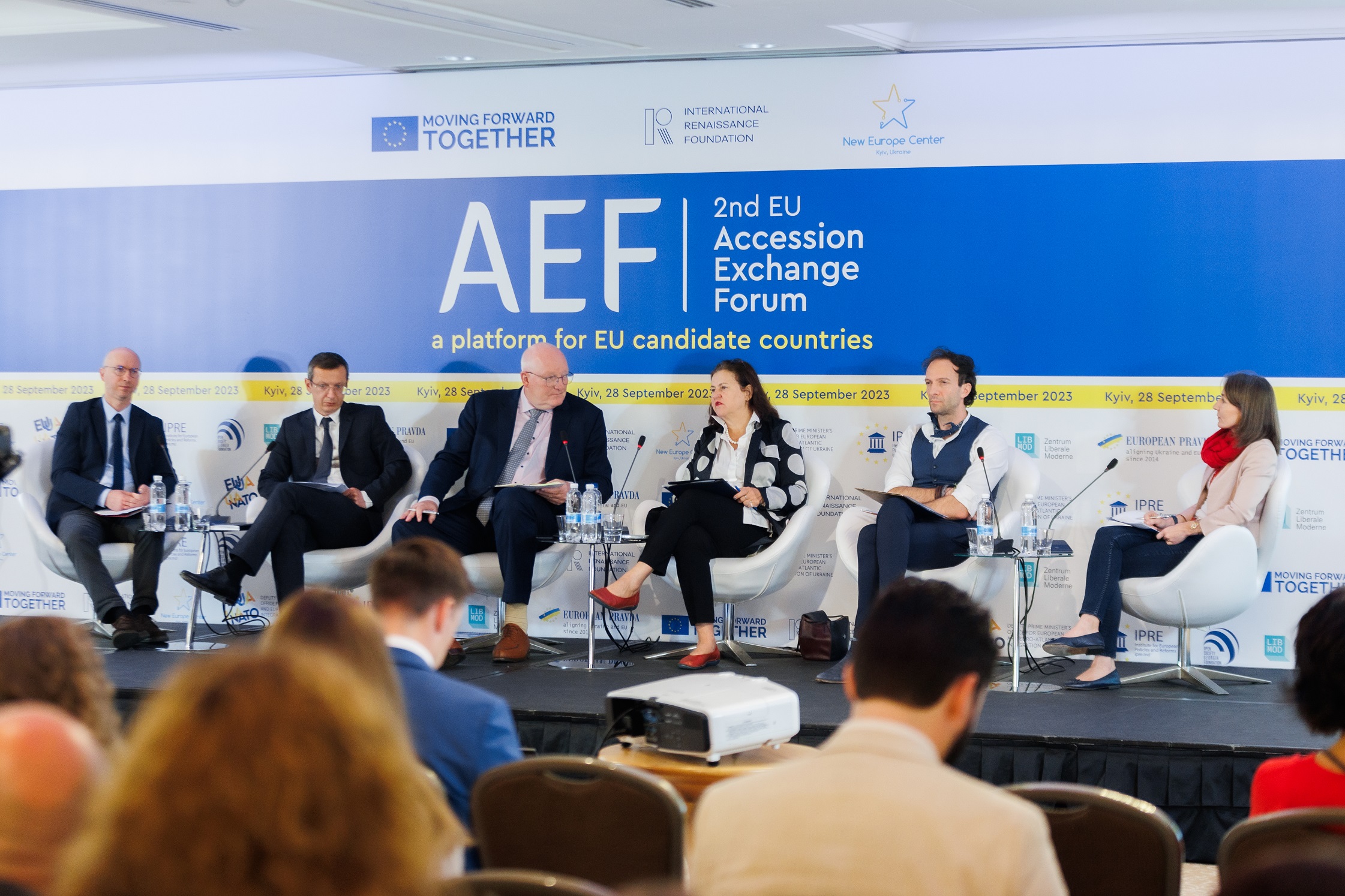
We bring to your attention the key messages of the speakers from the Session “Russian war against Ukraine: how the security environment alters the EU and the enlargement process” of the 2nd EU Accession Exchange Forum.
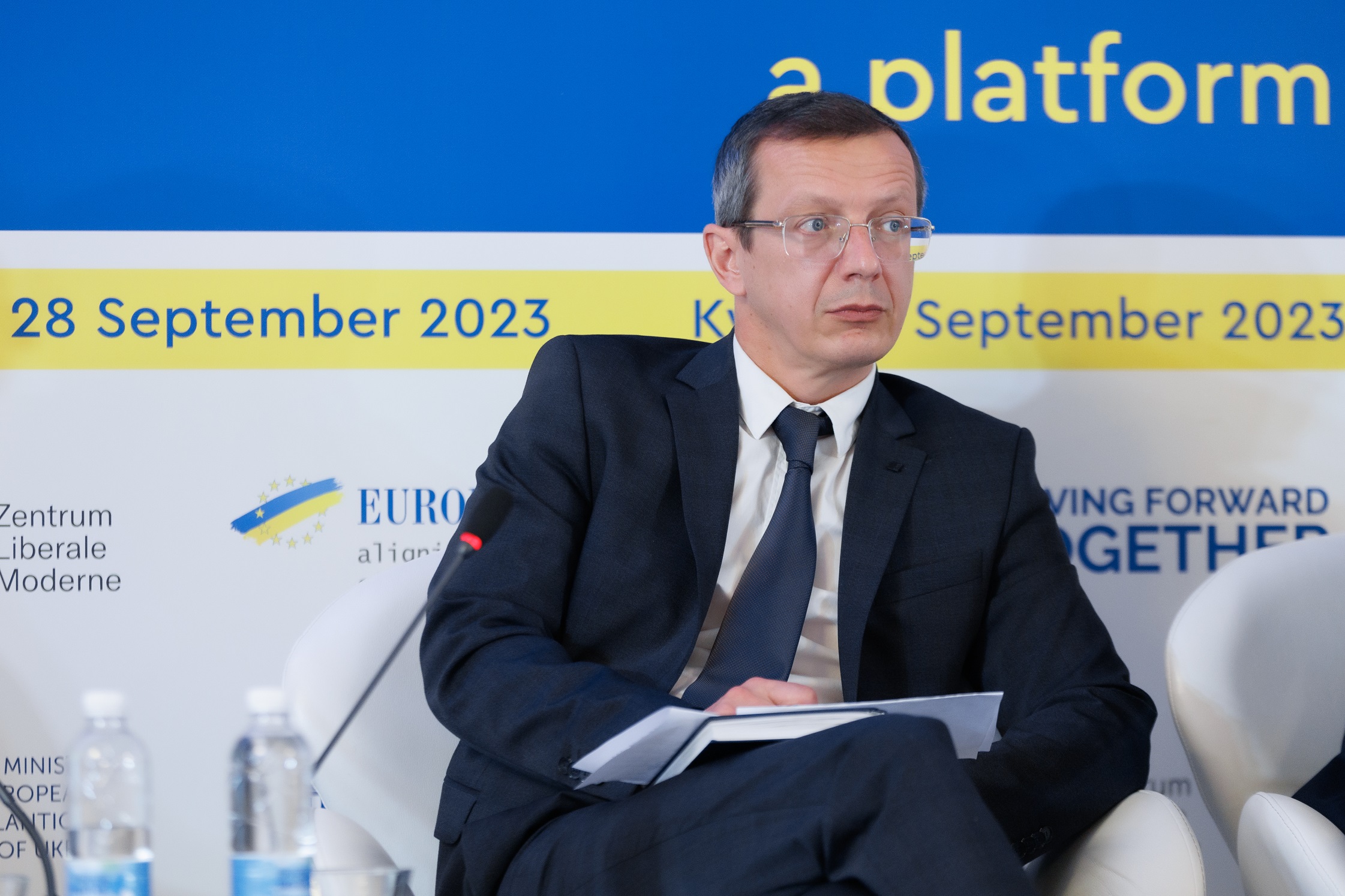
Oleksandr Ilkov, Director General at Government Office for Coordination on European and Euro-Atlantic Integration:
- The accession process that now takes place has its peculiarities. First of all, it is its high speed and intensity. But speed does not mean the reduction of quality.
- Ukraine started a process of self screening. We`ve already analyzed more than 28 000 acquis. And more than 3000 should be implemented in Ukrainian legislation.
- The future of Ukraine is in the European Union. 92% of Ukrainians support Ukraine in joining the Union.
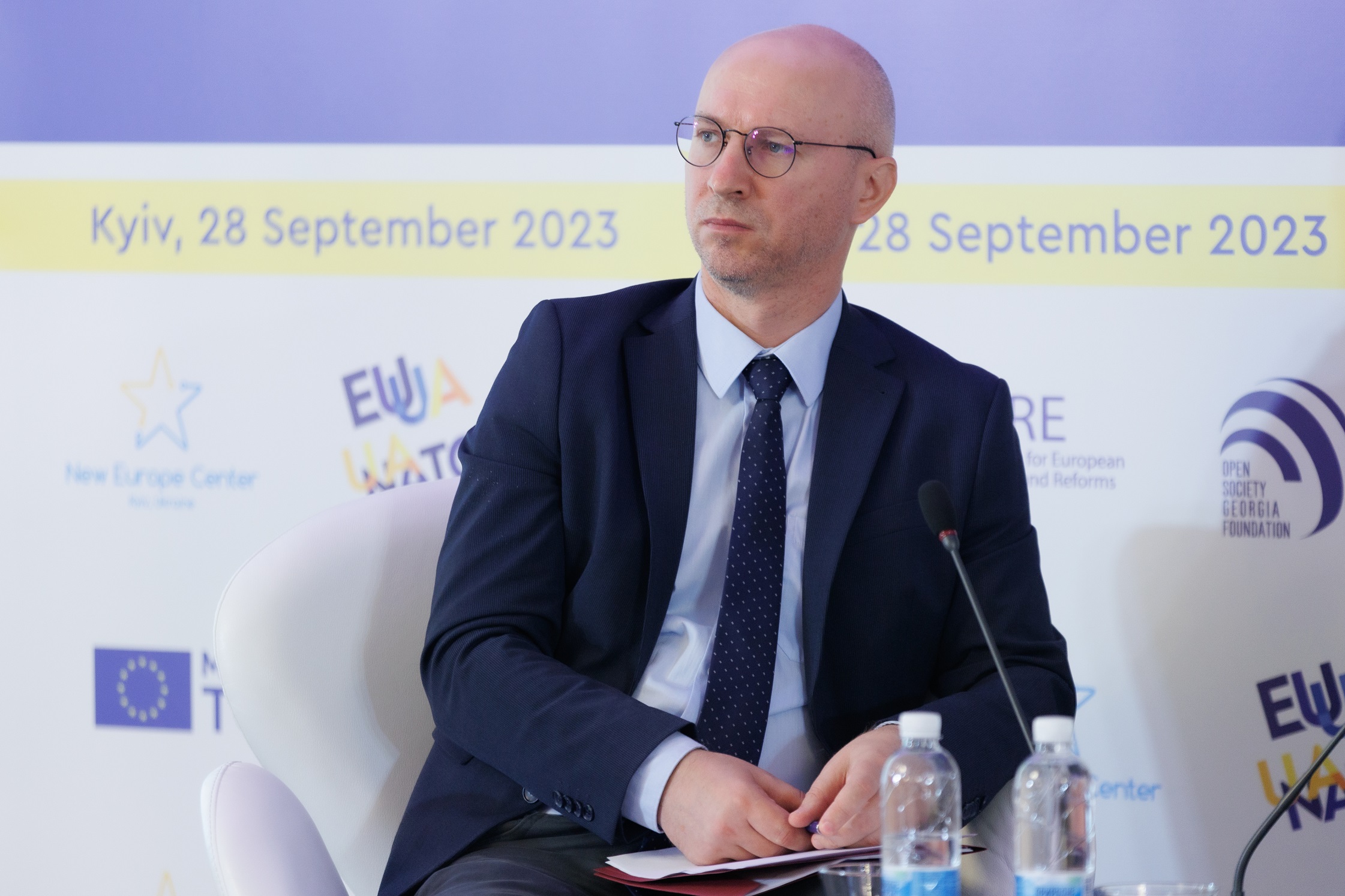
Stanislav Secrieru, National security adviser to the President of the Republic of Moldova
- Moldova cannot allow itself for a fatigue because what Ukraine does, from our perspective, is not only self-defense but it’s a forward defense of Moldova. As far as Ukraine resists russians cannot reach the territory of Moldova by military means. And as long as they can’t reach, we have a chance to do European integration. So, no fatigue in Moldova or Ukraine. We’ll continue to support as long as it needs.
- There are several impacts of war on EU accession. First, the security problem became stronger. The perception of the enlargement process has changed from transformation and economic development of the country to security dimension. Second, EU integration has become a more urgent issue. We don’t have decades to do accession and make progress to join the EU. Third, we have to do two things simultaneously: defend ourselves and do reforms to pursue European integration. This needs adjustments and more assistance from the EU. But we see the accession process not only in the way we receive assistance to get to the EU but as a way to demonstrate through practical examples that we are showing solidarity with EU countries.
- By accepting the fact that some countries cannot join the EU until they solve the conflicts on their territory is just giving the veto right to Russia to decide what happens to these countries on their paths towards the European Union.
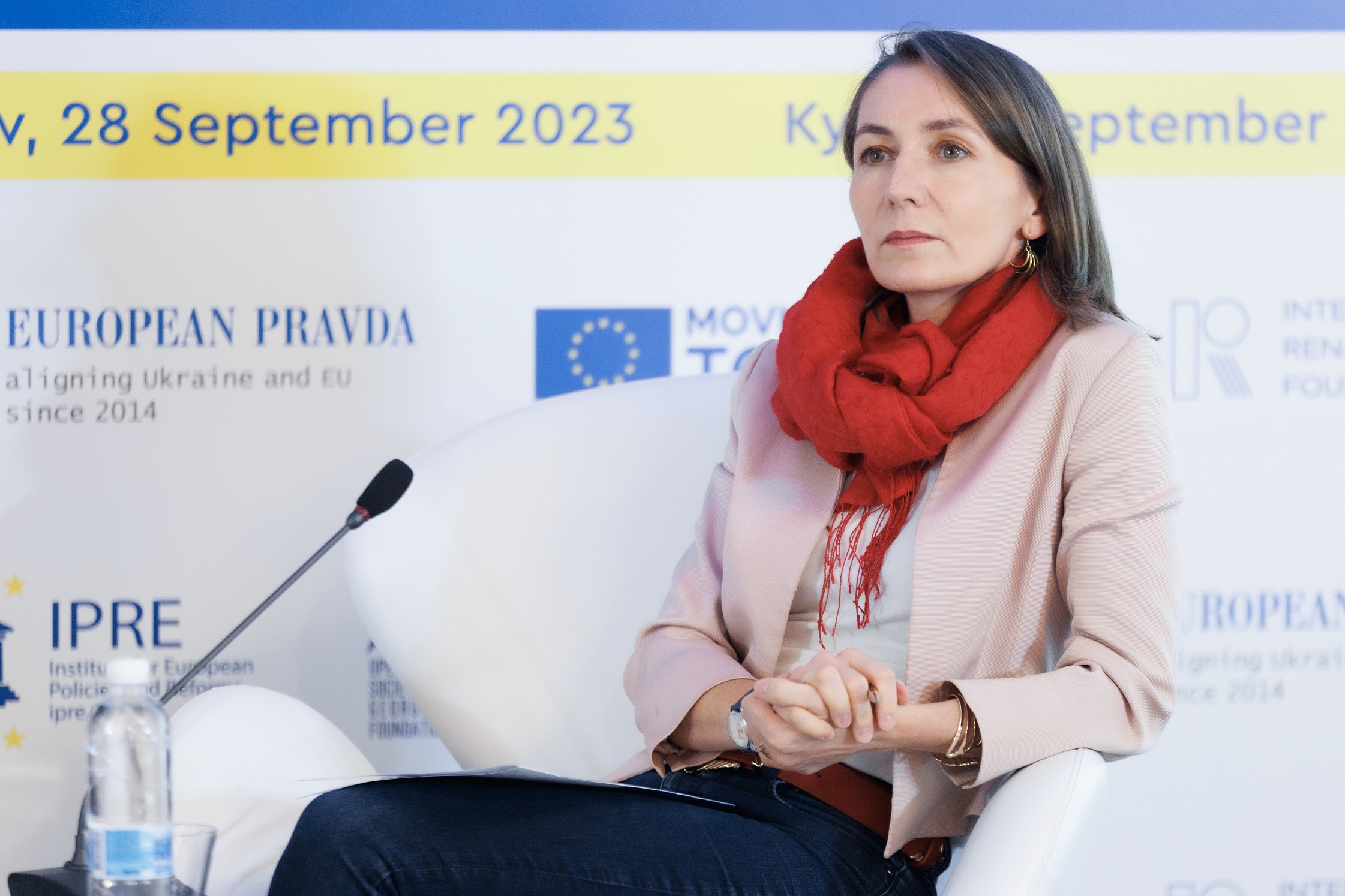
Claudia Major, Head of the International Security Division at the German Institute for International and Security Affairs in Berlin:
- EU accession and NATO integration are interlinked. The war accelerated these two processes in a way unthinkable before. I would even say that NATO membership now is a precondition to EU accession. We had a big boost in the accession process which gradually goes down to a more normal speed. And the big challenge now is to keep that speed.
- NATO has to be ready for accession as well as the EU has to be ready. There are mainly two points we need to focus on. The first is cohesion and unity. As for Vilnius (NATO Summit) there were no clear invitation to Ukraine because of some of the members’ positions. It means that no ally should use Ukraine to solve its bilateral issues. And it’s very important for NATO to have unity and cohesion. Second is the military capacity to act with NATO. It means the total adaptation of the defense planning postures and command structures. So it’s not the reason to say ‘no”. That’s just the explanation why the NATO accession needs as much preparation as the EU accession.
- There is a difference between territorial tensions and open high intense war. As for NATO, flexibility and creativity can be used in issues of territories, but not in case of war.
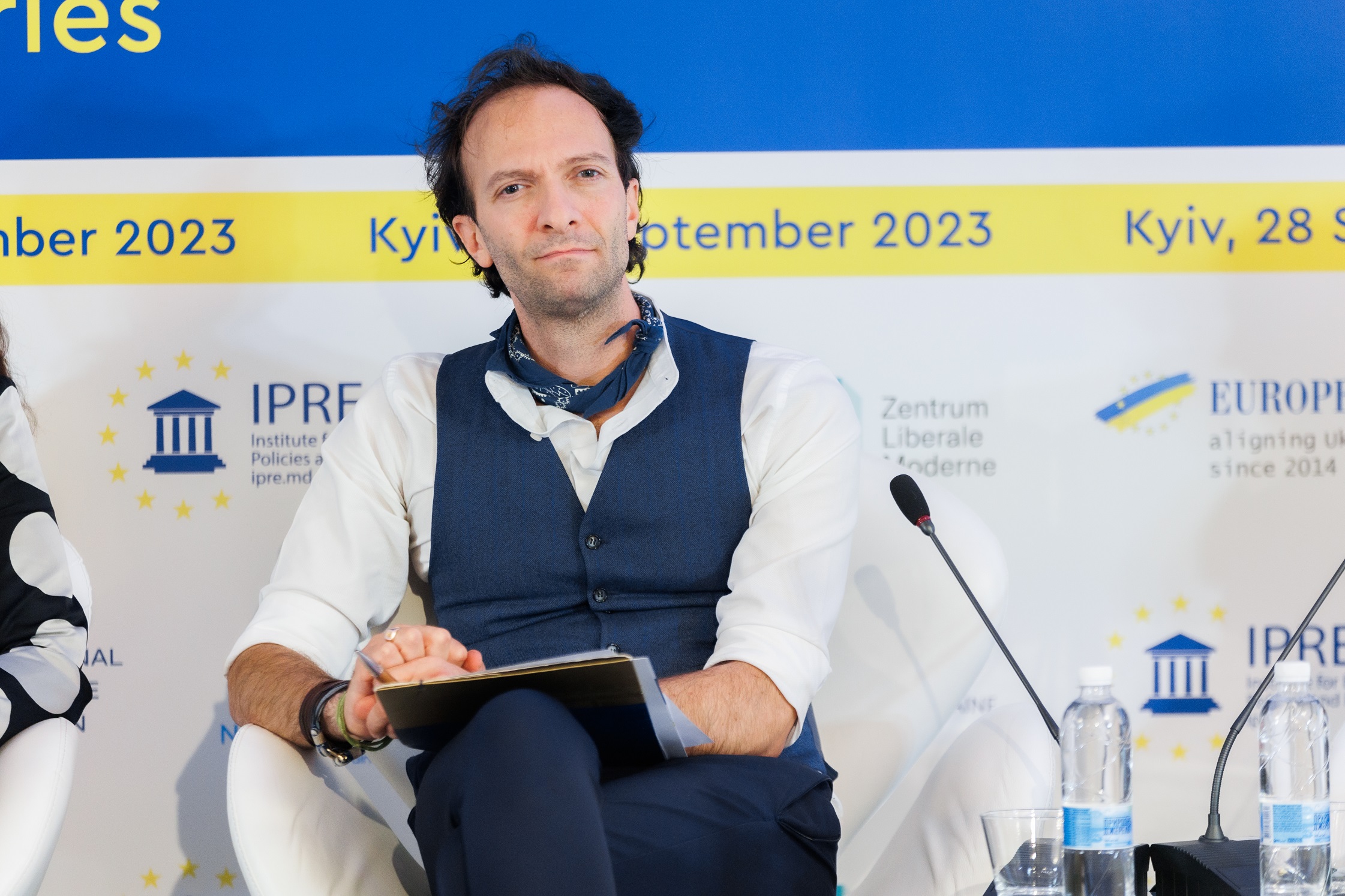
Pierre Haroche, Lecturer in International Relations and International Security at Queen Mary University of London
- The questions that candidate countries should ask themselves first are what kind of contribution they can make to the EU, what kind of member state they want to be and what kind of union they want to build with the EU members.
- The key variable in the question of support of Ukraine by the allies is not the length of the war. It’s the feeling that Ukraine is victorious. When there is an impression that actually we are investing into victory, the numbers rise again.
- There’s something that we can already have in mind when thinking about that concept of progressive accession. Security in defense in the case of Ukraine’s accession in particular could be an important first step. An idea that I want to exploit and discuss is that there can be a very good first step in the accession process to have an Agreement between European Union and Ukraine for the integration of Ukraine within the defense part of this single market and the EU industrial defense instruments.
- We shouldn’t wait till Ukraine is the EU and NATO member to have this joint reflection about what we want to do together. This starts now. And I think that Ukraine has already shown in the way it conducts this war and in terms of innovative skills in industrial sector that it can contribute a lot to European community. It can be more than just a recipient of support. So, this is the test that we should conduct together.
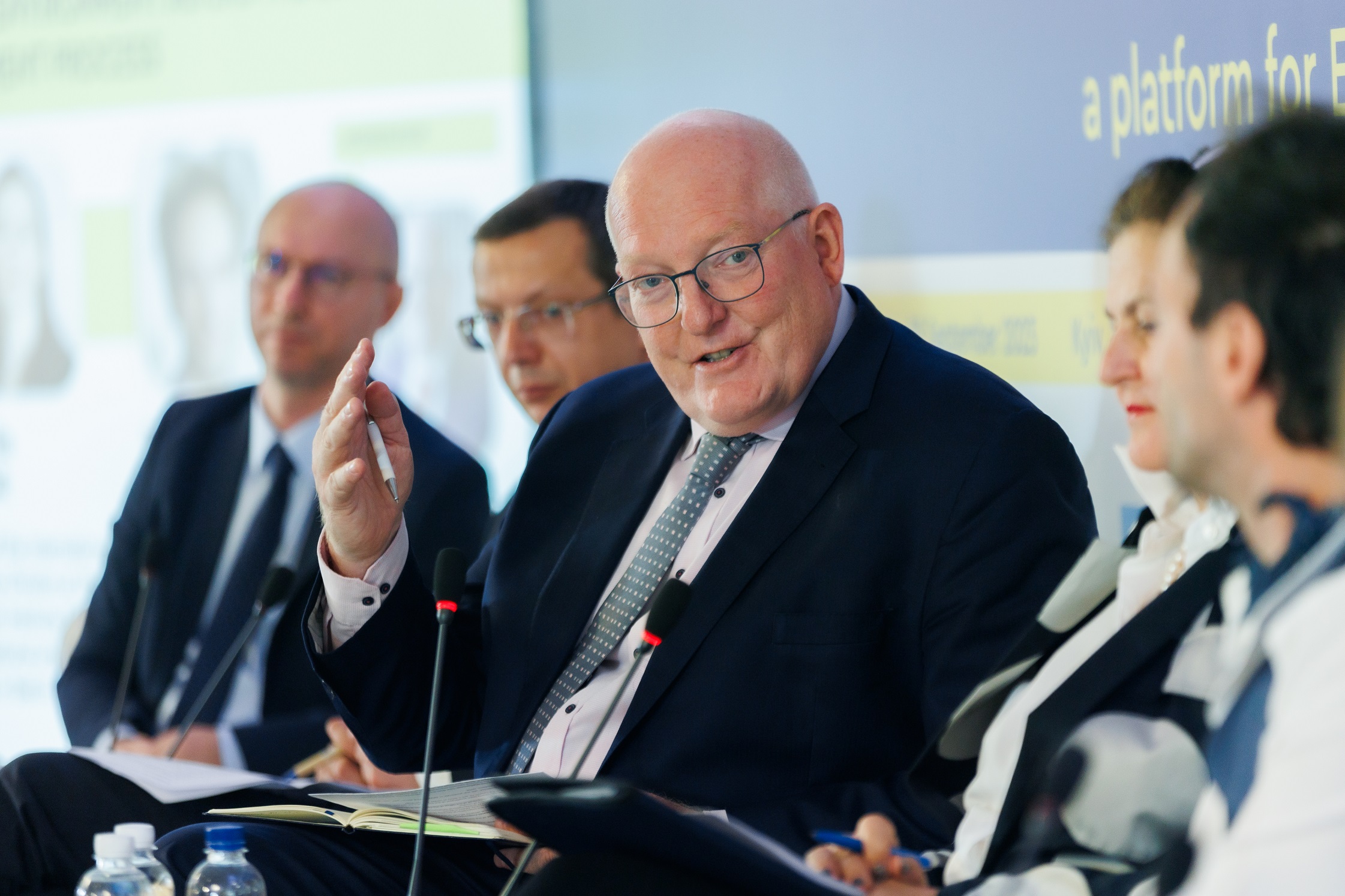
Moderator of panel discussion – Thomas Kleine-Brockhoff, Guido Goldman Distinguished Scholar, Germany.
Video recording of the Forum is available here.
The EU Accession Exchange Forum is organized by the New Europe Center in partnership with the Office of the Deputy Prime Minister of European and Euro-Atlantic Integration of Ukraine, the International Renaissance Foundation, the Institute for European Policies and Reforms, the Soros Foundation in Georgia and the Center for Liberal Modernity, Germany. European Pravda became Forum media partner. The Accession Exchange Forum is taking place with EU support, within the EU-funded “European Renaissance of Ukraine” project implemented by the International Renaissance Foundation.



